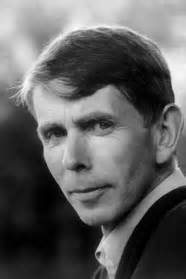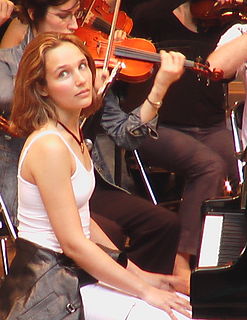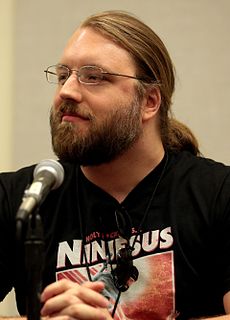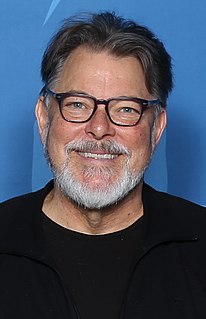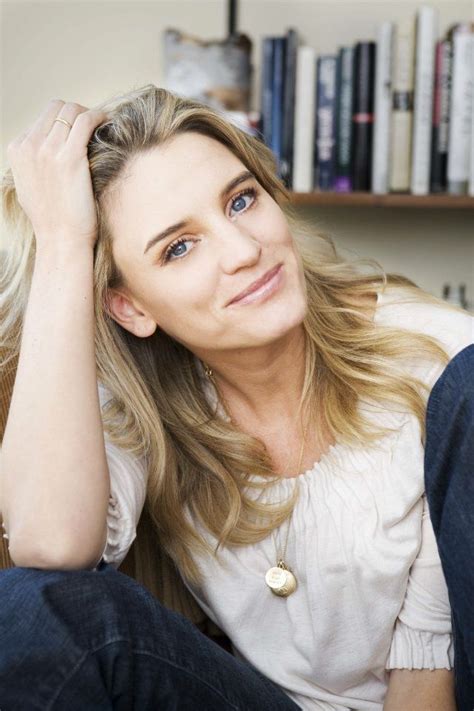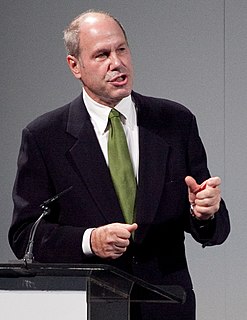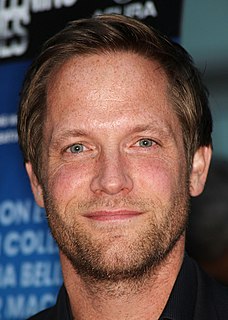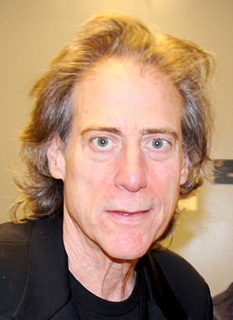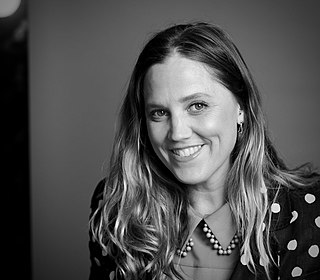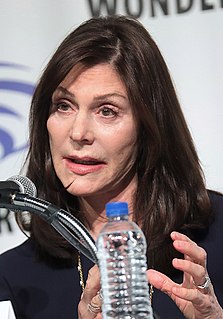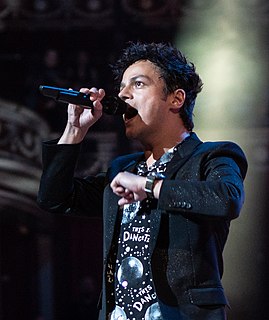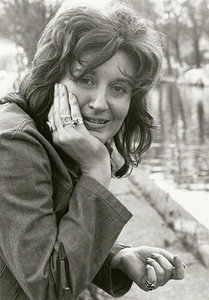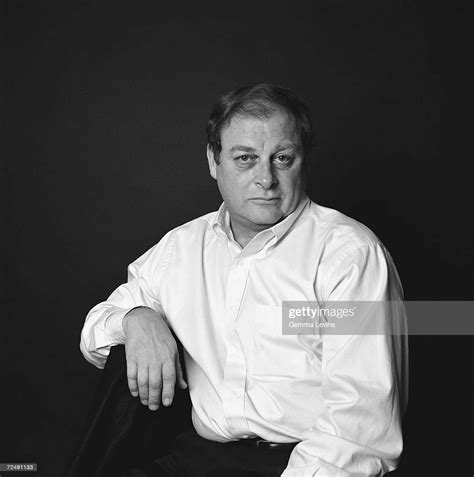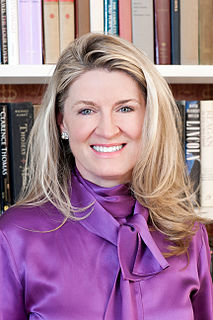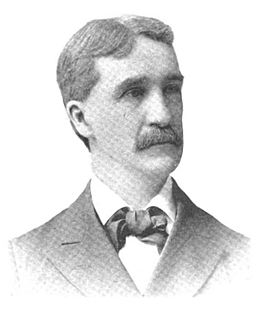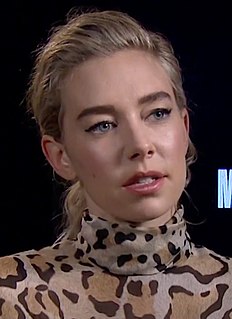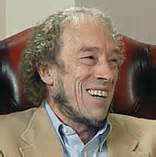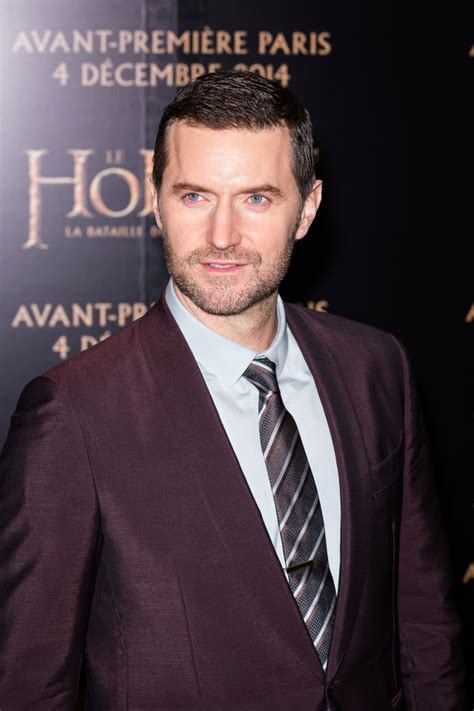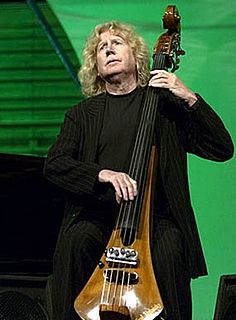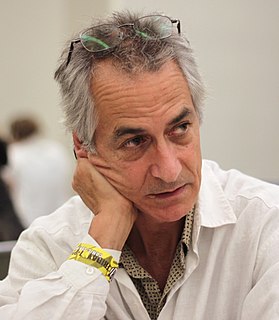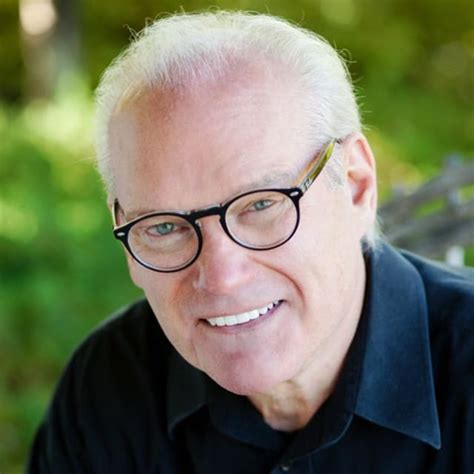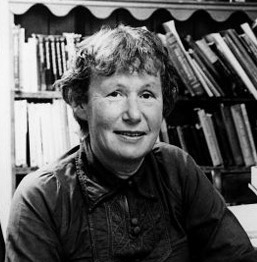Top 212 Biographies Quotes & Sayings - Page 3
Explore popular Biographies quotes.
Last updated on December 18, 2024.
I love being in the archives, traveling, sitting in dusty places and looking at books with brittle pages. I love reading biographies and researching, to make myself informed about whatever political or historical time I'm writing about. From there, a lot of the emotional truths about my characters emerge.
Let no one think that I do not love the old ministers. They were, probably, the best men in their generation, and they deserve that their biographies should fill the pages of the town histories. If I could but hear the "glad tidings" of which they tell, and which, perchance, they heard, I might write in a worthier strain than this.
I have always liked reading biographies. It is the ideal literary genre for someone too prim, like me, to acknowledge a gossipy interest in the living - don't you hate gossips, aren't they too awful? - but avid for any nuggets from the private lives of the dead because that is perfectly respectable, an altogether worthy and informative way of spending one's time.
We do not go to bed in single pairs; even if we choose not to refer to them, we still drag there with us the cultural impedimenta of our social class, our parents' lives, our bank balances, our sexual and emotional expectations, our whole biographies-all the bits and pieces of our unique existences.
I've published many biographies over the years and enjoyed working with writers on their research, discussing it, thinking about it and how it revealed their subject - and one day the impulse came to me to write a life of someone. I made a long list of possible subjects and [ Barbara] Stanwyck was on the list.
The Gospels were written to present the life and teachings of Jesus in ways that would be appropriate to different readerships, and for that reason are not all the same. They were not intended to be biographies of Jesus, but selective accounts that would demonstrate his significance for different cultures.
All major publishing houses have these big fat biographies sitting there, waiting for people to die. All you have to do is slap on the end and put in on the market. It's that kind of commoditization and completion of your life before you die - and this kind of imposition of a public idea of self that replaces the actual living self - that I find so frightening.
I seldom read anything that is not of a factual nature because I want to invest my time wisely in the things that will improve my life. Don't misunderstand; there is nothing wrong with reading purely for the joy of it. Novels have their place, but biographies of famous men and women contain information that can change lives.
I was influenced at an early age by Gandhi, and I have read many biographies of him. I have been greatly influenced in the last twenty years by Mandela. It is amazing that he has managed to keep such a balance, that he came out of prison after such a long time as a rounded, holistic person who could reach difficult accommodations with generosity.
I very comprehensively studied Irving Thalberg and his biographies. He's who [Scott] Fitzgerald roughly modeled the character after. He worked for him, as a writer, when he was at MGM. And, of course, I revisited the novel and the politics of MGM and the studio system at the time and familiarized myself with the world. There was a great deal of physical and literary work that went into it.
Even as a teenager we got interested in the Beats, Dada, and Surrealism, and so on. What drew us to those was that their lives were their art. It wasn't something they did separately. Reading biographies of artists of that kind was what was fascinating to me, more than the stuff they made. We became convinced that life and art is really the same thing.
I spend a great deal of time on research, on finding all the available accounts of a scene or incident, finding out all the background details and the biographies of the people involved there, and I try to run up all the accounts side by side to see where the contradictions are, and to look where things have gone missing.
I once interviewed David Herbert Donald, the Lincoln historian, and we talked about how one deals with the secondary sources and the previous biographies. He said something which kept coming back to me as I worked on Cleopatra, which was: 'There's no further new material; there are only new questions.'



